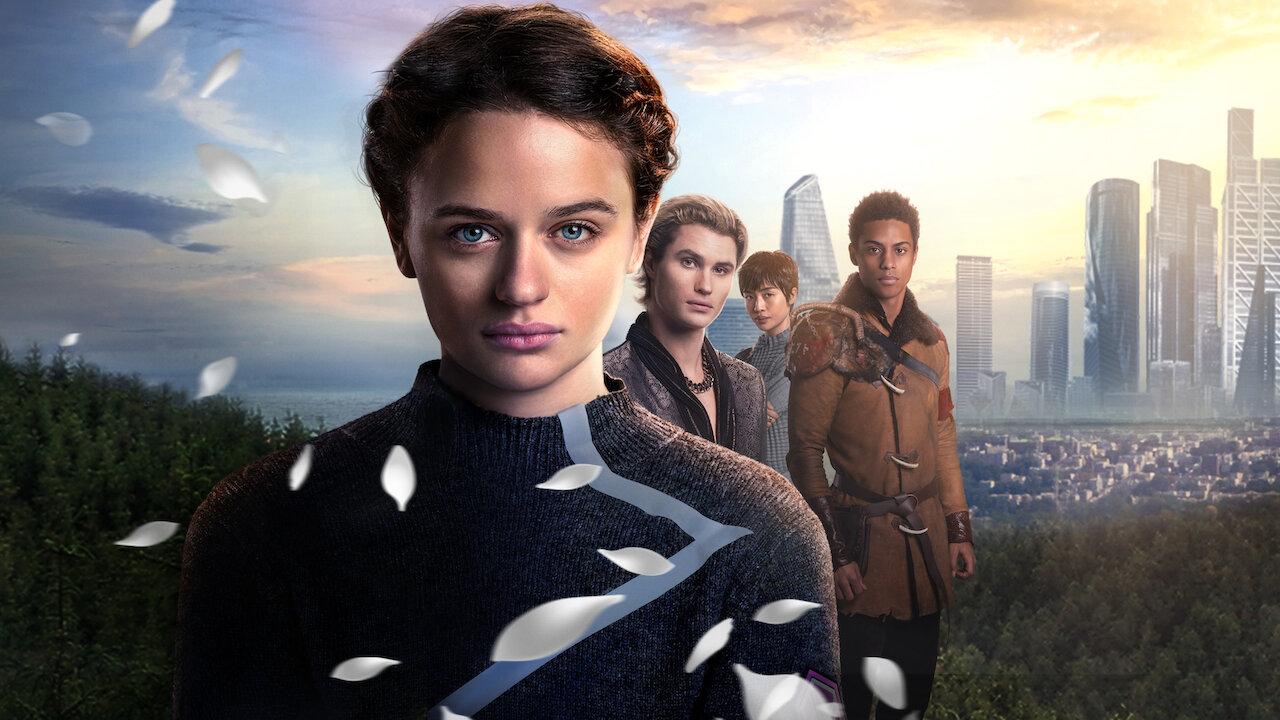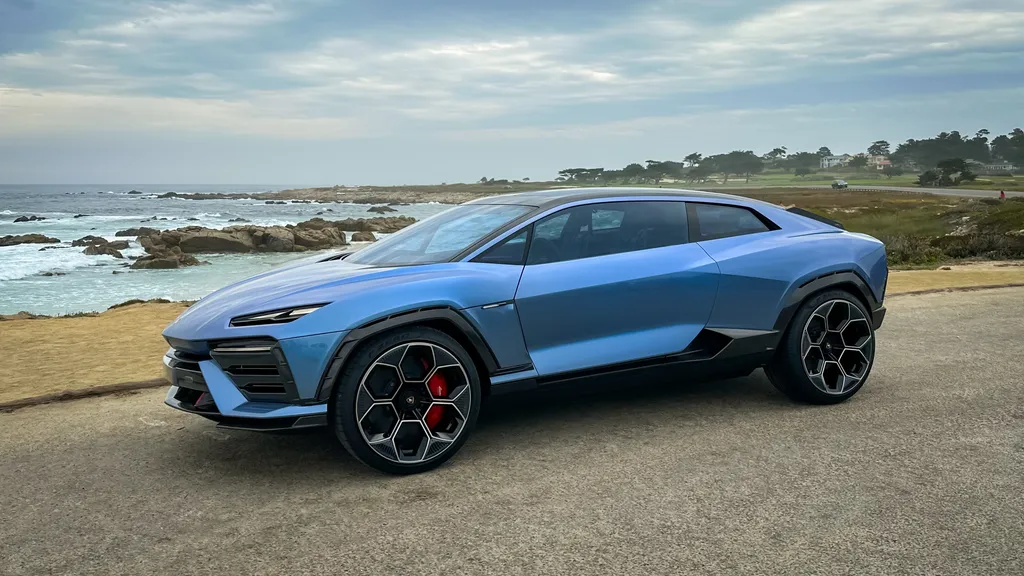In an era where our faces are endlessly sculpted and perfected by digital sorcery, where AI-generated beauty reigns supreme, it seems almost laughable to imagine a world where Joey King, a vision of youthful radiance, wouldn’t be hailed as a paragon of loveliness. But alas, in the dystopian reality of Netflix’s ‘Uglies,’ a film adaptation of Scott Westerfeld’s once-groundbreaking YA novel, conventional beauty standards are tossed aside like yesterday’s filter.
Uglies
We’re thrust into a future where ‘pretty’ isn’t just an adjective, it’s a surgical destination. Tally Youngblood (King), a spirited teen yearning for connection, resides in a world where turning sixteen isn’t marked by cake and candles, but by the knife. Every citizen undergoes a mandatory procedure, morphing them into their ‘ideal’ selves. It’s a coming-of-age ceremony as ritualistic as any bar mitzvah, yet steeped in an unsettling Orwellian aura.
Generations of teens, like Tally, have been indoctrinated with a convenient narrative: the collapse of society and the planet itself was caused by the chasm between the ‘pretty’ and the ‘ugly.’ In this ‘new and improved’ world, uniformity is king,and a plant-based miracle fuel has erased all energy woes. But as Tally embarks on a quest to find her friend Peris (Chase Stokes), who has already crossed over to the ‘pretty’ side, she peels back the glossy veneer of this supposed utopia,revealing the disturbing truth beneath.
The film’s heavy reliance on CGI creates a world that feels less like a dystopian future and more like a well-worn video game. The ‘pretties,’ with their airbrushed perfection and vacant gazes, could easily be plucked from an influencer’s Instagram feed. The much-hyped twist lands with a predictable thud, and the film’s message about inner beauty is hammered home with the subtlety of a sledgehammer.
While Brianne Tju injects some much-needed energy as the rebellious Shay, and Keith Powers adds an air of mystery as David, the leader of a resistance movement, their characters feel underdeveloped, leaving us wanting more. Laverne Cox,as the chilling Dr. Cable, unfortunately delivers a performance that’s as flat as the film’s visual palette. The final act, a showdown between the ‘uglies’ and the ‘pretties’ against Dr. Cable’s regime, is disappointingly dull, lacking the spark and tension the story desperately needs.
The film’s biggest flaw, however, isn’t just in its execution, but in the source material itself. In 2005, when ‘Uglies’ was first published, the concept of using cosmetic surgery and societal obsession with beauty as a dystopian premise was fresh and thought-provoking. But in 2023, in a world saturated with filters, Facetune, and the ever-present pressure to conform to unrealistic beauty standards, the film’s message feels tired and out of touch.
‘Uglies’ strives to capture the rebellious spirit and yearning for authenticity that defines the best of YA fiction, but it ultimately stumbles. The film’s important message about inner beauty is drowned out by its predictable plot, lackluster visuals, and one-dimensional characters. While the young cast gives it their all, their performances can’t save a story that feels both dated and disappointingly shallow.







